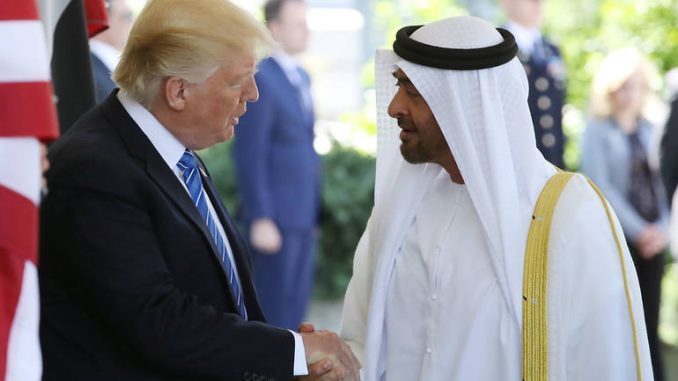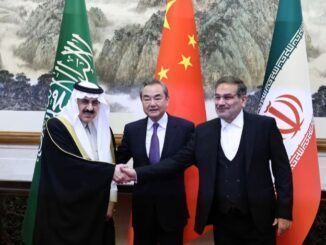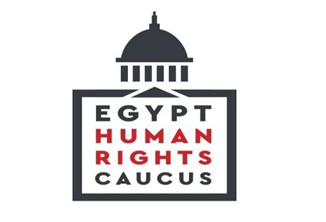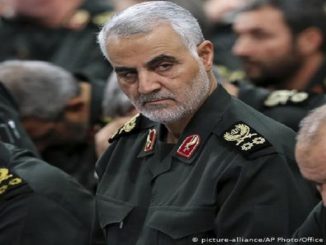
How has the UAE maintained its privileged status in Washington? In short, the UAE has a vast and immensely influential lobbying and public relations campaign in America that has allowed the monarchy to exert considerable sway over U.S. policy, while keeping the UAE’s indiscretions largely hidden. In this report, Ben Freeman attempts to tell the story of that influence operation.
Following is the report’s executive summary followed by the link to the full study, published by the Center for International Policy‘s Foreign Influence Transparency Initiative:
In October 2018, after the brutal murder of Saudi Arabian dissident and Washington Post contributor Jamal Khashoggi at the Saudi consulate in Turkey—which U.S. intelligence authorities have concluded was authorized by the Crown Prince of Saudi Arabia Mohammed bin Salman —Saudi Arabia became something of a pariah in Washington D.C. Several lobbying and public relations firms dropped the Saudis as a client, some think tanks refused to take Saudi money, and many American universities re-evaluated Saudi financial support.
On the other hand, Saudi Arabia’s close ally, the United Arab Emirates, continues to be seen as a stalwart U.S. ally by most in the nation’s capital. While the Emiratis had nothing to do with Khashoggi’s murder, they’ve worked hand-in-hand with the Saudis in the devastating war in Yemen. Emirati involvement in Yemen—including funding a targeted assassination program there —has contributed to the war there becoming the world’s worst humanitarian crisis. And, the UAE, just like Saudi Arabia, has an abhorrent human rights record—arbitrarily detaining and disappearing its own citizens, and unlawfully imprisoning Western academics.
How then has the UAE maintained its privileged status? In short, the UAE has a vast and immensely influential lobbying and public relations campaign in America that has allowed the monarchy to exert considerable sway over U.S. policy, while keeping the UAE’s indiscretions largely hidden. In this report we attempt to tell the story of that influence operation.
The Foreign Influence Transparency Initiative, a program of the Center for International Policy, analyzed every Foreign Agents Registration Act Supplemental Statement filed in 2018 by organizations working on behalf of clients in the United Arab Emirates. From this analysis we found:
• 20 different firms served as registered foreign agents in the U.S. for clients in the UAE;
• Over $20 million in payments from UAE clients to these firms;
• 3,168 reported political activities done on behalf of the UAE by those firms;
• UAE foreign agents contacted more than 200 Congressional offices, 18 think tanks, and most mainstream media outlets;
• Considerable interactions between UAE foreign agents and think tanks funded by the UAE;
• Nearly $600,000 in campaign contributions from these firms and their registered foreign agents;
All of this has contributed to the Emirati lobby’s success in shaping U.S. foreign policy. Members of Congress working with Emirati foreign agents continue to fight for U.S. military support to the UAE, Middle East experts—some at think tanks which the UAE has donated millions to—echo the UAE lobby’s talking points, and UAE foreign agents have effectively shaped media narratives by working closely with journalists and reporters at nearly every mainstream media outlet.
Read the full report by Ben Freeman here



